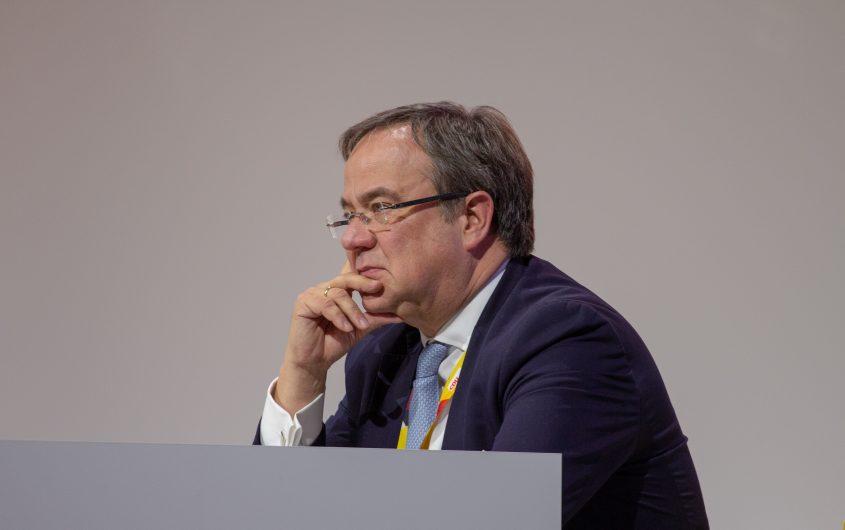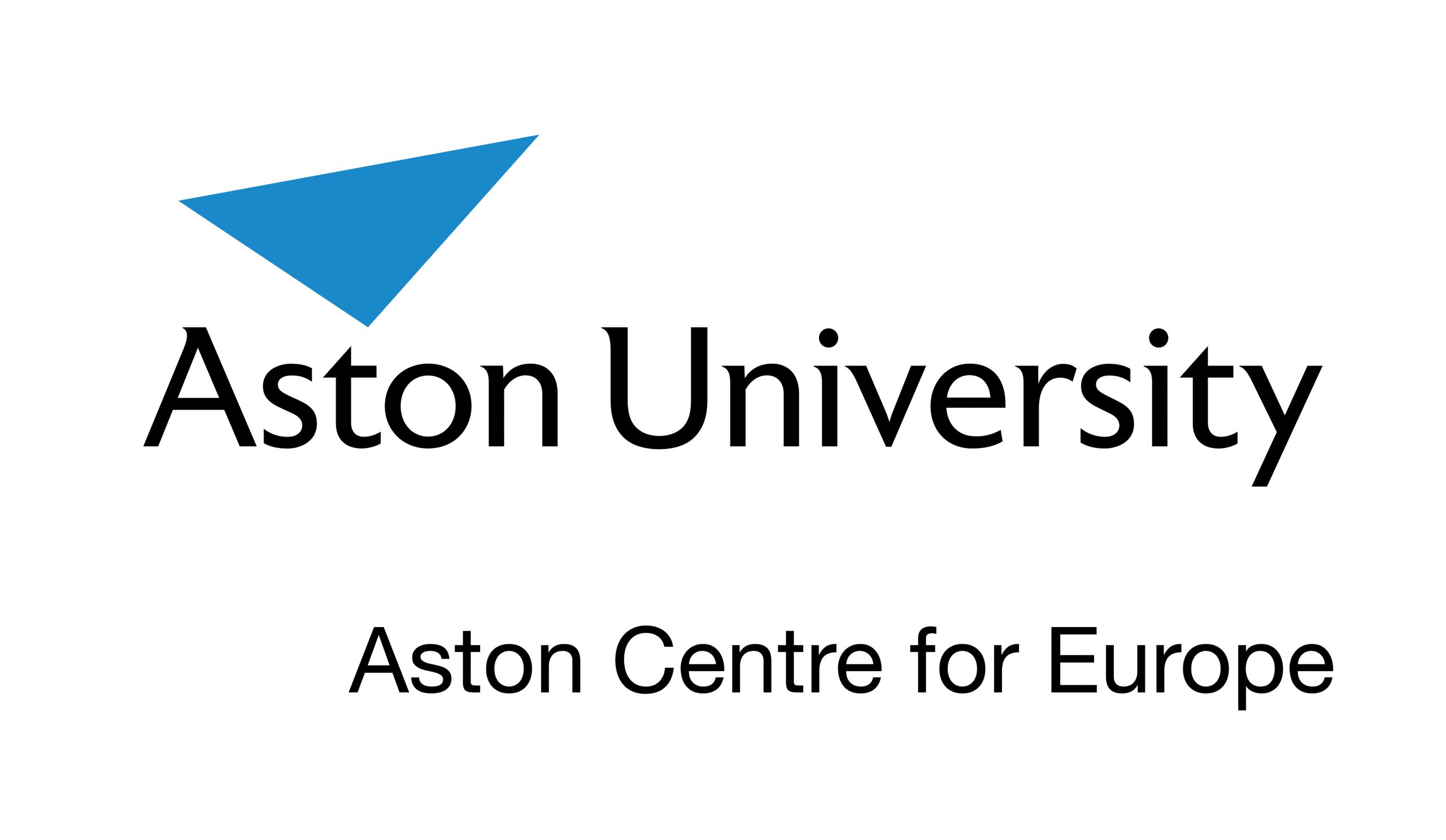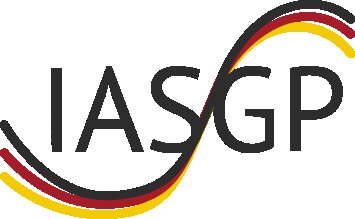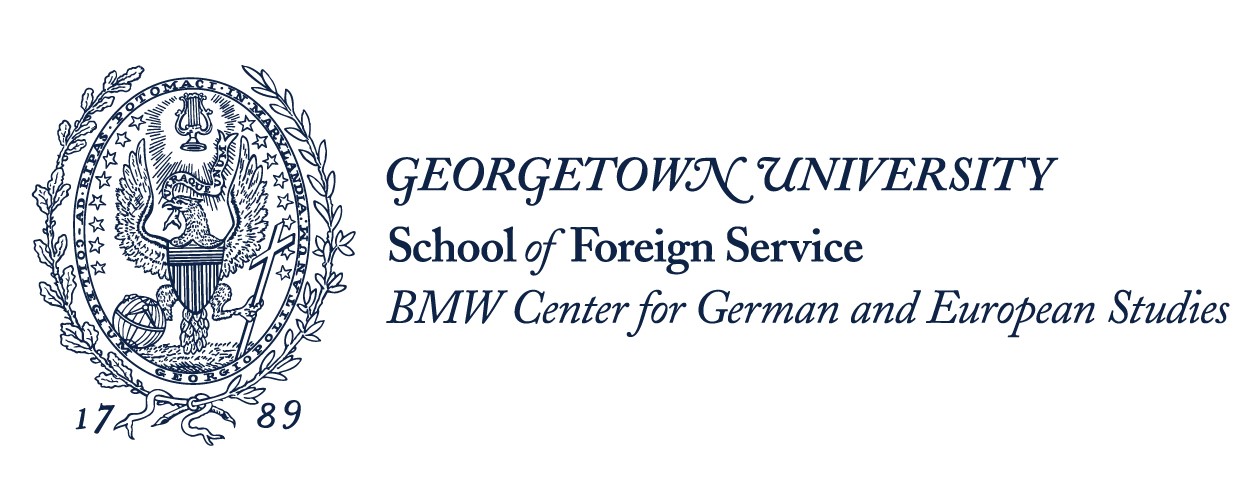
Olaf Kosinsky under licence CC BY-SA 3.0-de
After the Bundestag Election
The CDU in Crisis
After its worst electoral outcome in the history of the Federal Republic of Germany, the Christian Democratic Union is in crisis. Angela Merkel will relinquish control of the government soon and will retire from active political life. A renewal of the top leadership has been announced—a team that will likely not include current leader and failed chancellor candidate Armin Laschet. But who will emerge to rebuild? Will the party shift right or continue on Merkel’s more centrist course? And how can the CDU regain lost voters, especially among the rising generations?
Speakers:
Ruprecht Polenz, former Member of the German Bundestag (CDU)
Andreas Rödder, Chair for Modern and Contemporary History, Johannes Gutenberg University Mainz; Helmut Schmidt Distinguished Visiting Professor, Johns Hopkins SAIS
Sarah Wiliarty, Associate Professor of Government, Wesleyan University
Moderator:
Eric Langenbacher, Director of the Society, Culture and Politics Program, American-German Institute
This webinar will convene via Zoom. Please contact Ms. Elizabeth Hotary at ehotary@aicgs.org with any questions.
Ruprecht Polenz was a Member of the German Bundestag from 1994-2013.
Andreas Rödder holds the chair for Modern and Contemporary History at the Johannes Gutenberg University Mainz and is the Helmut Schmidt Distinguished Visiting Professor at Johns Hopkins SAIS, a visiting professorship supported by the DAAD and the German Federal Foreign Office. His current research project investigates the history of Europe’s global impact since the 19th century in order to provide a fresh answer to the difficult question what Europe has given to the world and what has it taken from it. He has written six major books, and his most recent scholarly book, Who’s afraid of Germany? History of a European Problem (Wer hat Angst vor Deutschland? Geschichte eines europäischen Problems, 2018) combines the history of German power in Europe with an analysis of the discrepancy between German self-concepts and European perceptions of Germany since the 19th century: what Germans regarded as their undeniable rights, others considered as German ambition for hegemony. Dr. Rödder gained his final degree (Staatsexamen) from the University of Tübingen and his PhD from the University of Bonn in 1995. Thereafter, he was Assistant and Associate Professor at the University of Stuttgart, where he gained his Habilitation in 2001. Since 2005, he has been Professor of Modern and Contemporary History at the Johannes Gutenberg University Mainz. In addition to his academic work, Andreas Rödder is highly experienced in policy counseling and political commentation. He has been a member of the board of the Konrad-Adenauer-Foundation since 2006, participated in the Chatham House Commission on Democracy and Technology (2019/20), has been appointed to the Commission on Integration established by the German Federal Government in 2019, and is regularly invited to high-level off-the record conversation circles. In 2011 and 2016 he ran as shadow minister for education in the electoral campaign in the state of Rheinland-Pfalz, and in 2019, he published his manifesto of a contemporary Conservatism („Konservativ 21.0. Eine Agenda für Deutschland“).
Dr. Sarah E. Wiliarty is Associate Professor of Government at Wesleyan University in Middletown, Connecticut. She received her B.A. from Harvard and her PhD from the University of California, Berkeley. Her research focuses on European politics, women in politics, political parties, energy policy in Europe, and political leadership. Her scholarship has appeared in journals such as German Politics, German Politics and Society, and Politics and Gender. She is the author of The CDU and the Politics of Gender in Germany: Bringing Women to the Party (Cambridge University Press). Her forthcoming book chapter “How the Christian Democrats Manage to Adapt to the Silent Counter-Revolution” examines the CDU/CSU response to the rise of the Alternative for Germany.
This webinar is supported by the AGI Harry & Helen Gray Culture and Politics Program and the Embassy of the Federal Republic of Germany. It is presented in partnership with The Aston Centre for Europe, Aston University, Birmingham, UK; the International Association for the Study of German Politics; and the BMW Center for German and European Studies, Georgetown University.










